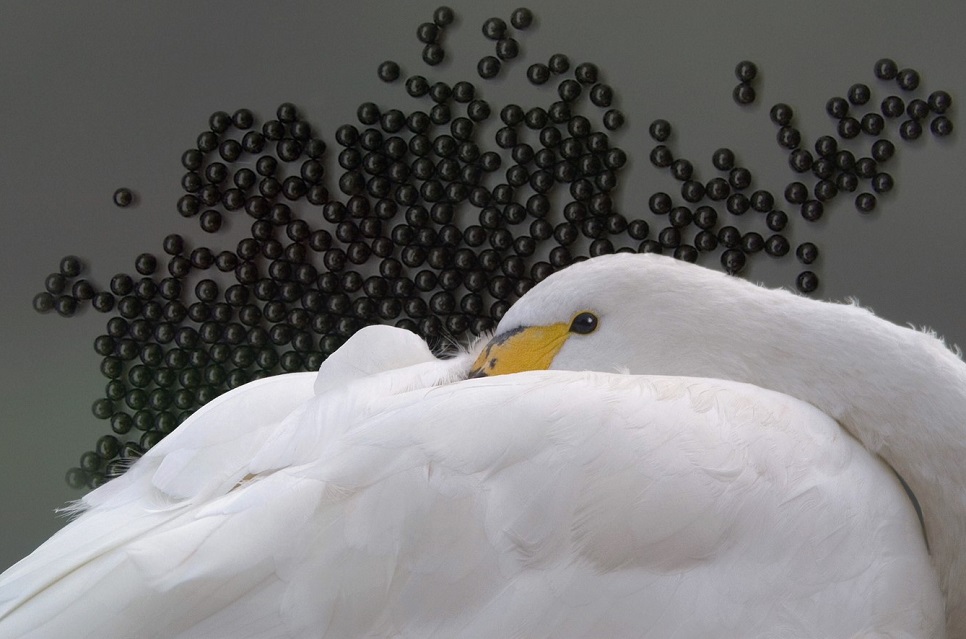IUCN Red List for birds is updated
On 14 May, the new Red List update for birds was published. Set up by Sir Peter Scott in 1962, the IUCN Red List of Threatened Species is the world’s most comprehensive inventory of the global conservation status of plants and animal species. It evaluates the extinction risk of thousands of species and subspecies. The aim is to convey the urgency of conservation issues to the public and policy makers, as well as help the international community to try to reduce species extinction.
BirdLife International's latest evaluation of the world's birds, on behalf of IUCN, has revealed that more species than ever are threatened with extinction. A staggering 1,227 species (12%) are now classified as globally threatened, including 192 as critically endangered, the highest threat category, a total of two more than in 2008. This includes the Brazilian merganser and Madagascar pochard, both priority species for the Wildfowl & Wetlands Trust.
WWT is drafting a research and monitoring strategy for the Brazilian merganser. This follows a successful expedition with Terra Brasilis to Serra da Canastra, Brazil, in 2008 where 14 Brazilian mergansers were caught and colour-ringed – a conservation first. The Brazilian merganser is extremely sensitive to habitat loss and disturbance caused by factors such as logging, river siltation, mining and tourism. There are currently just 200-250 known to exist in the wild, almost all in Brazil.
The Madagascar pochard, is the rarest duck in the world. Only 25 birds are thought to remain in the wild, all at a single lake in northern Madagascar. Without dedicated conservation action, there is a significant possibility it may become extinct in the near future. WWT has joined up with Durrell Wildlife Conservation Trust and The Peregrine Fund in a major conservation project to save this endangered species. This will establish a viable population of Madagascar pochards in the wild through a conservation-breeding and release programme. A site visit will take place in July to identify the best place for a breeding facility.
Peter Cranswick, Head of Species Planning, explains: “At WWT, saving threatened species is a key focus for our activity. Critically endangered species, such as the Brazilian merganser and Madagascar pochard need urgent help if they are to survive. In this, Sir Peter Scott’s centenary year, we are working as hard as ever to continue his legacy to improve the outlook for these special birds.”

